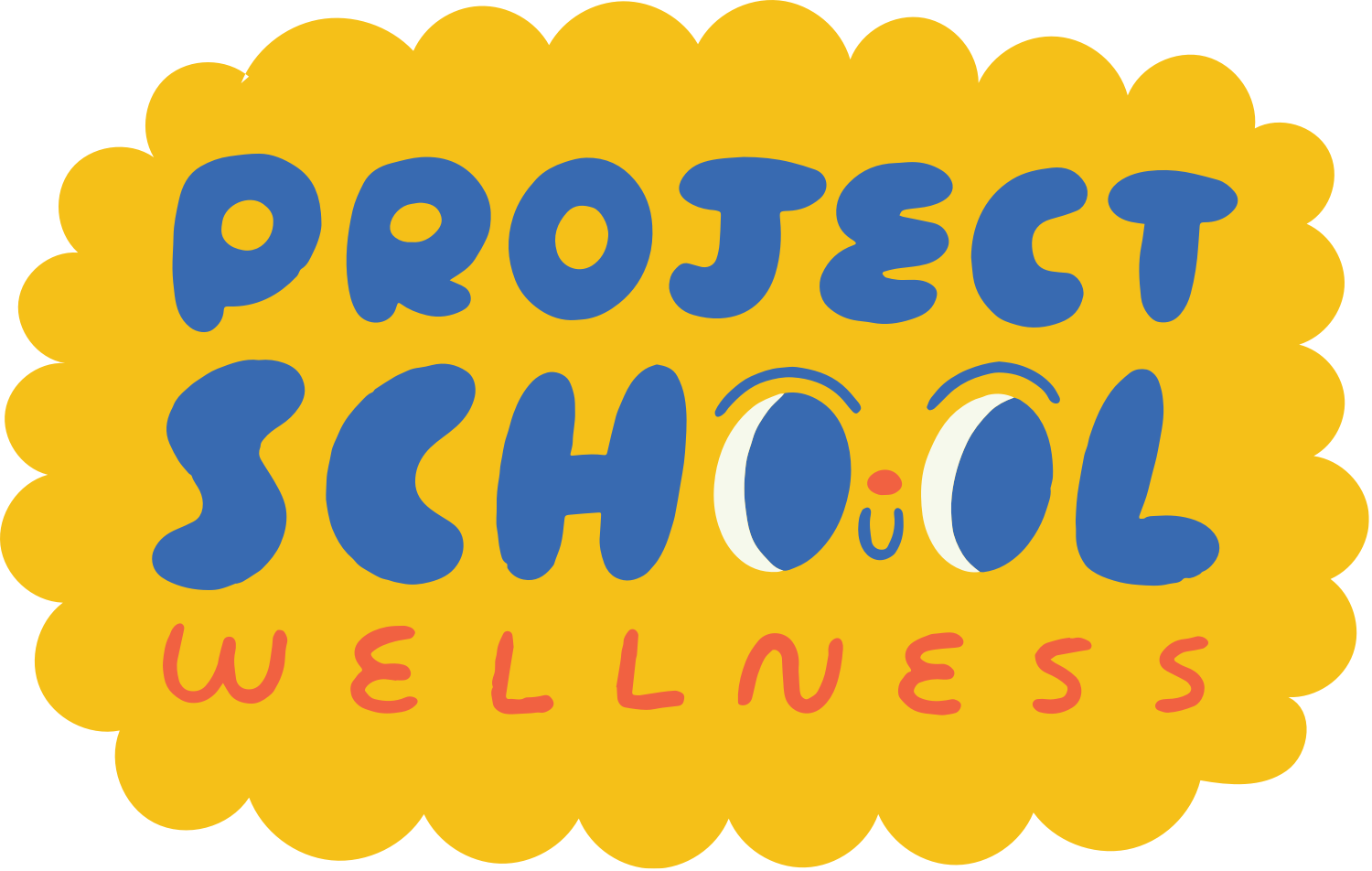Play Dough Activity: Sexual and Reproductive System Worksheet (With Sex Ed Glossary)
As part of the Project School Wellness Sex Ed Curriculum, students use these interactive anatomy and reproduction worksheets to learn about the anatomy of the reproductive system and how each body part works.
Overview of the Reproductive System Play-Doh Activity
This sexual and reproductive system Play-Doh activity is easily my new favorite lesson. As students “played” with the Play-Doh, they explored the various parts of the reproductive system. Then, they used the models they created to learn about the reproductive process. It was a big success and students of all ages enjoyed it (I taught it to my middle and high schools, and I tested it at home with my kids, I’m even going to use it in a higher ed class this Fall!).
Let’s explore how you can use this activity in your health classroom and/or sex ed class.
Table of Contents
What’s Included:
Play-Doh Activity Mat Worksheets (Uterus, Penis, Vulva and Clitoris, Pregnancy Progression)
Anatomy Labels
Menstrual Cycle Phase, sequencing cards
How Pregnancy Happens, sequencing cards
How Sperm Moves Through the Body, sequencing cards
Activity Prep and Needed Materials
Print Off and Laminate Sexual and Reproduction Worksheets
How many prints you need will depend on your students and which worksheets you want them to use. If they are working in pairs, one would do the uterus model and one would do the penis model.
You’ll definitely need to laminate these mats or put them in plastic protectors.
Optional: Print off supplementary resources (Anatomy Labels, Menstrual Cycle Phase, How Pregnancy Happens, How Sperm Moves Through the Body)
Play-Doh - I just got a few packs of the Dollar Tree knockoffs, and they worked perfectly.
I really tried not to let students mix colors (as you can see in the pictures, I didn’t 100% succeed).
Anatomy Printables to Reference
How the Reproductive System Play-Doh Activity Works
Using the reproductive system worksheet, students use Play-Doh to make a model of the sexual and reproductive anatomy.
After they work for a few minutes, begin pointing out and explaining the different parts of the sexual and reproductive system.
Once the anatomy has been explained, you can use the Play-Doh models to show how the reproductive process works, such as:
Sexual and Reproductive Anatomy Glossary
Bladder
Cervix - A small opening between the vagina and the uterus.
Clitoris (external and internal) - The pleasure center of the body, made of erectile tissue and has a lot of nerve endings.
Clitoral Hood - External portion of the clitoris
Crura - “Legs” that sit on either side of the vagina and urethra.
Vestibular Bulbs
Epididymis - Where sperm is stored after it’s made.
Endometrium (Uterine Lining)
Fallopian Tube - Tubes that carry eggs to the uterus.
Labia Majora - Outer skin folds of the vulva.
Labia Minora - Inner skin folds of the vulva.
Ovary - Almond-sized organs near the uterus that make hormones, store, mature, and release eggs.
Ovum (Egg) - The female reproductive cell
Penis - A pleasure center made of erectile tissue. It contains the urethra, where both urine and sperm leave the body.
Scrotum - The sack of skin that holds the testicles.
Sperm - The male reproductive cell
Testicle - Makes sperm and hormones.
Urethra - The tube where pee comes out. In people with a penis, it also carries semen.
Uterus - Where a baby grows during pregnancy.
Vagina - A muscular tube inside the body that connects the vulva to the uterus.
Vaginal Opening - Where period blood and babies exit the body, and where sperm can enter.
Vas Deferens - A tube that moves sperm from the epididymis to the urethra.
Vulva - The external portion of the female assigned at birth sexual and reproductive anatomy.
Overall, I absolutely loved this activity. It was the perfect interactive way to introduce students to the sexual and reproductive anatomy and to explain how reproduction processes work (i.e. periods, how sperm moves through the body, how babies are made). I’m definitely going to be using this style of Play-Doh activity for other lessons like body systems and digestion! I can’t wait to test them out and share them with you.




